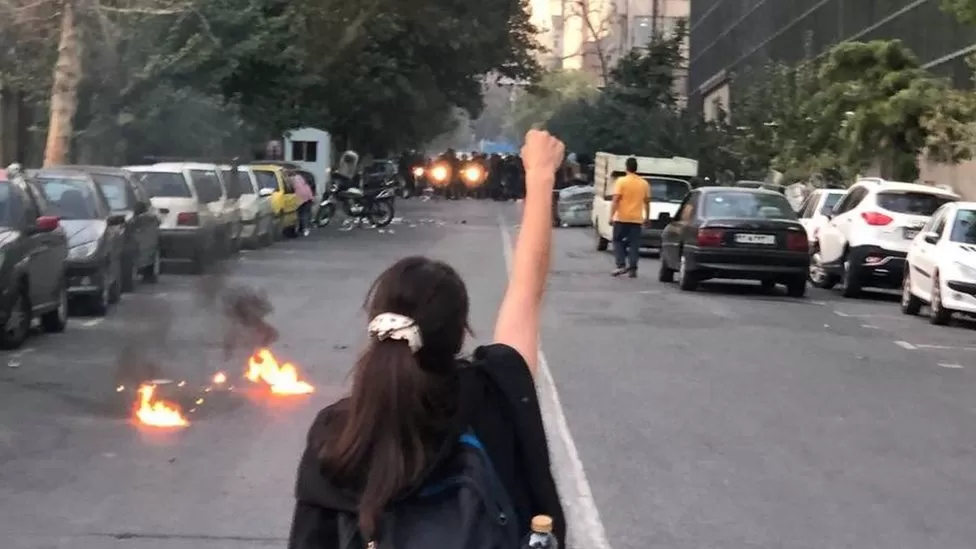Going to a predominantly white school has caused me to feel anxious when I hear the words “race” and “class discussion” used in the same sentence. It is not so much that I’m afraid of someone asking “Why can’t I say, nigger, if you can”, (although that has been asked at least once every school year since eighth grade), but instead I am terrified that the entire dialogue will be spent inadvertently poking at me in an attempt to paint me as some sort of imagined black radical. A member of the “alt-left” as our president would say. Generally, my fear never comes to fruition the way that I envision it to. What I have learned is that what actually happens is far worse: white people begin to feel comfortable telling me how I should feel about being oppressed.
In a situation like this, you would expect the educator in the room to step in and shut down the possibility of anything offensive occurring. Wrong. If anything the teacher has only encouraged such lewd behavior by offering articles like “I’m a White Man. Hear Me Out.” by Frank Bruni, as topics of discussion in a class of at least 10 white people (mainly men at that) and only three people of color. With a dilemma of this magnitude the discussion of race desired instead becomes the repetition of white, patriarchal, and systemically unjust beatitudes already smothering the globe on a diurnal rotation.
When jumping into a conversation about race as a person of color you are looking for a certain level of depth. What happens you have people that don’t understand the intensity of identity politics in America discuss the intensity of identity politics in America is the corruption of pedagogy designed to be preventative turned into something insensitive.
But is it intended or accidental?
No one can blame the white students that I attended class with for over 11 years for identifying with the supposedly oppressed author and white people of the articles that we read if they have not known anything but being white for those 11 years. However, this does not mean that I should be forced to reconcile with a fantasy and not have an unapologetic attitude when I’m told that what is best would be to pretend as if identity doesn’t define you in a world where it habitually does. So yes, when I see one of my white peers make a face as if someone shot their cat in front of them when I say “for most people of color white opinions on what it’s like to discriminated against are irrelevant” I’m going to serve them expressionless head tilt in return.
What I think people fail to realize is that just because there is a juxtapsoitioning of painful realities and privileged perspectives does not mean that there will be anything learned unless there is a true want to progress. And with certain people that want won’t be there until they are exposed to racial experiences on a level so visceral it’s as if they have lived it.
And before someone else tries it, no reading Opinion Editorials by white people on what it feels like to be left out of the current identity dilemma will not provide you with such an intimacy on race relations.
So if I don’t want white people to tell me how to feel or listen to other white people do so, what do I suggest?
People often forget that the anguish minorities are expressing is valid because it is trivialized by the majority voice. That type of cyclical silencing has to be eradicated from your ability to assess situations in order to truly learn about what the plight of historically oppressed people means.
In his arguably problematic article Bruni writes:
So you know some important things about me, but not the most important ones: how I responded to the random challenges on my path, who I met along the way, what I learned from them the degree of curiosity I mustered and the values I honed as a result. Those construct my character, and shape my voice, to be embraced or dismissed on its own merits.
Remember that everyone wants to be able to stride on the strength of their own merits, but that can only happen if there is equal opportunity for expressing the truths faced by all and not some. If everyone is busy discussing why white people should be allowed to say how they feel about matters that don’t affect them, the real victims in harrowing situations lose their voice to one that is already bludgeoned into our minds.
Having a voice is not the same as using a voice.



